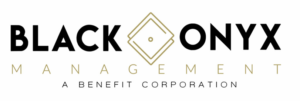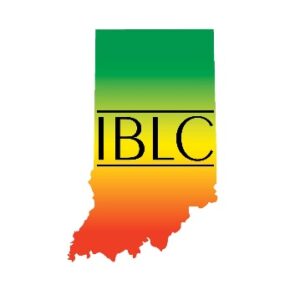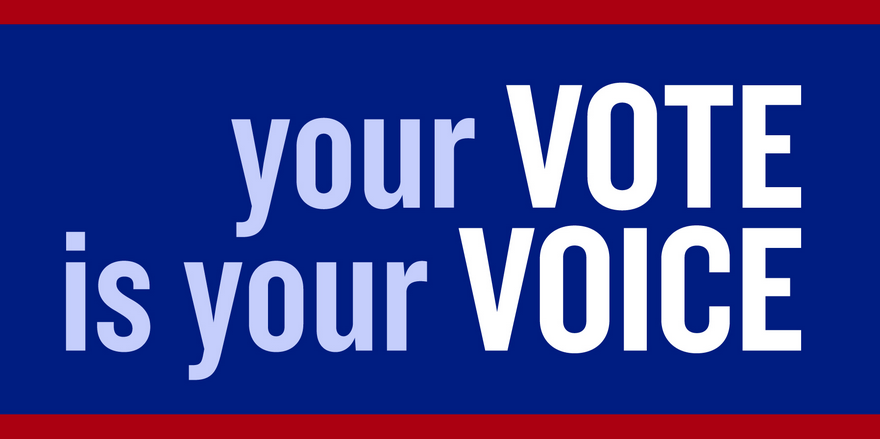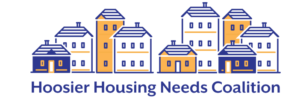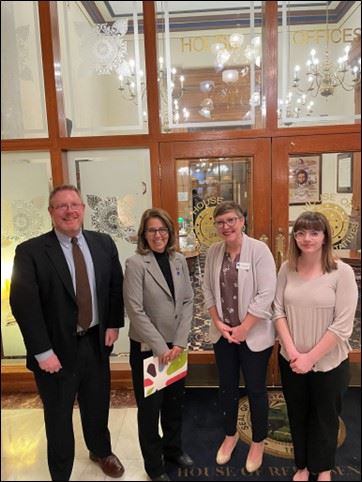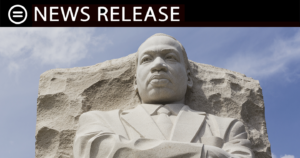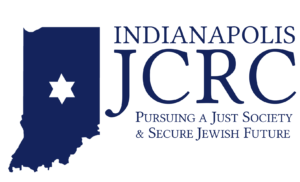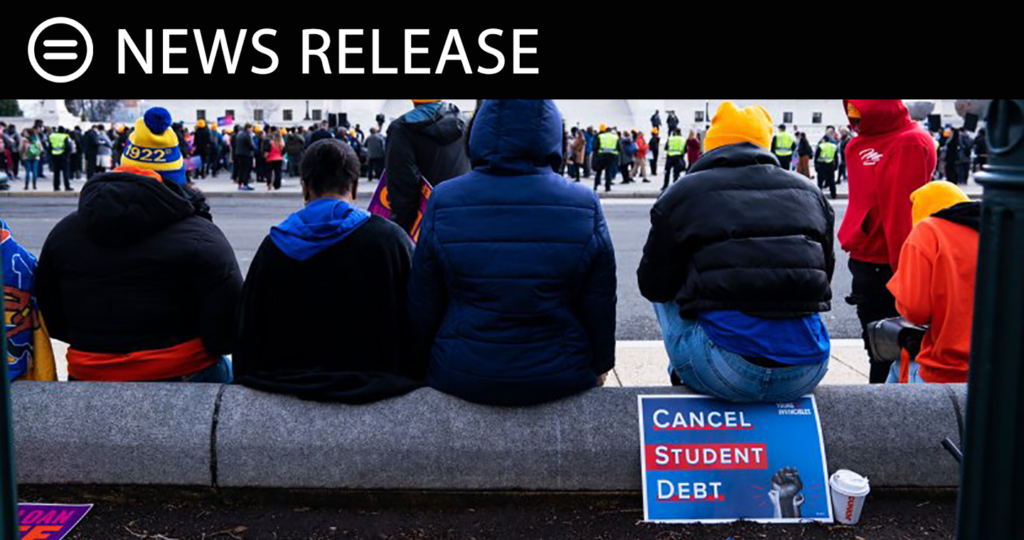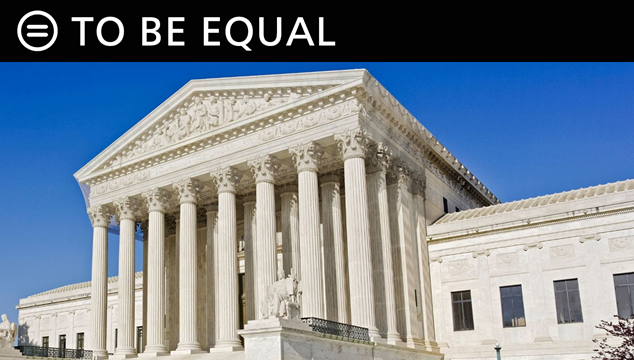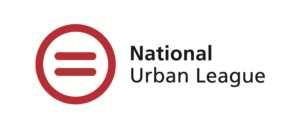
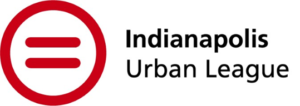
February 7, 2024
Dear Fortune 500 CEO,
As the leader of a Fortune 500 company in the United States, you know that investments in diversity initiatives, including supplier diversity programs, contribute to the performance and growth of companies, advance economic growth, and improve productivity.
Unfortunately, business decisions intended to capture the value from diversity initiatives have been politicized by a vocal minority of ideologically motivated voices who ignore both facts and the law. Opponents are relying on litigation to advance an unpopular, anti-growth, and anti-competitive agenda to undermine your leadership, the will of the vast majority of the population, and the growth and competitiveness of the U.S. economy.
We believe it is imperative that CEOs and other company leaders are able to make strategic decisions for their companies without threats of frivolous lawsuits and political pressure, and we will be here with support, every step of the way.
Our organizations are committed to standing with you as you continue this critical work.
We know continued investments in diversity initiatives are essential to the success of your business and our country’s economy. We also understand that companies are recalculating their risk tolerance in light of these unprecedented challenges that seek to dismantle your programs. We remain steadfast in our efforts to advance economic growth, free market competition, and opportunities for individuals, including diverse entrepreneurs, to pursue the American Dream.
This opposition is out of step with most business leaders, most customers, and the public at large, who overwhelmingly are in favor of these efforts. In addition, empirical analyses reveal how companies that champion diversity and inclusion outperform their peers who do not:
- A national survey conducted in December 2023 by Morning Consult for the Public Private Strategies Institute found that the majority of senior executives across political affiliations said diversity initiatives play a critical role in the success of their companies, with 75% of self-described conservative executives, 77% of moderates, and 89% of liberals, all recognizing the positive contributions of diversity initiatives to their business performance. Moreover, 63% of senior executives reported that their commitment to diversity as a corporate objective has increased in the wake of the Supreme Court decision on affirmative action in higher education and an open letter from Republican Attorneys General threatening litigation.
- Consumers who perceive a brand as committed to diversity are 3.5 times more likely to purchase the brand’s products or services compared to those who do not, according to the Corporate Diversity Index.
- A national survey conducted by The Harris Poll for the Black Economic Alliance Foundation in August 2023 found that 81% of American adults agree that corporate America should reflect the diversity of the American population and 78% of Americans support businesses taking active steps to make sure that companies reflect the diversity of the U.S. population.
- Global consulting firm McKinsey & Company found that companies that are ethnically and culturally diverse outperform their competitors by 36% in terms of profitability.
- And a Gallup study shows that diverse and inclusive teams have a 22% lower turnover rate.
- Diverse suppliers create value for corporations: According to an analysis by McKinsey & Company, diverse suppliers offer their corporate partners year-over-year cost savings of 8.5%, considerably more than the 3% to 7% annual procurement savings that most organizations realize.
As leaders of business advocacy organizations that represent a broad spectrum of viewpoints and communities, we acknowledge the commitments and leadership that you and your peers have shown in these efforts. And you can attest to the benefits that have resulted in your respective companies. It is vital that we do not allow the voices of an extreme few to outweigh the voices of the many. We cannot and will not sit idly by and allow that to happen. To do so would have dire consequences for not only your business and those you serve but the entire U.S. and global economies.
Our request is that you act on the overwhelming evidence and positive outcomes by expanding your company’s commitments to and investments in diversity initiatives, including supplier diversity programs. Together, we can overcome these baseless attacks and build a more resilient and inclusive economy that ensures continued prosperity for all.
With appreciation for your leadership,
Ron Busby, Sr.
President & CEO
US Black Chambers, Inc. (USBC)
Alphonso David
President & CEO
Global Black Economic Forum
Angela Dingle
President & CEO
Women Impacting Public Policy (WIPP)
Ying McGuire
CEO & President
National Minority Supplier Development Council (NMSDC)
Brigadier General (ret) Richard Miller
President
National Veteran Business Development Council (NVBDC)
Marc Morial
President & CEO
National Urban League
Justin Nelson
Co-Founder & President
The National LGBT Chamber of Commerce (NGLCC)
Matthew Pavelek
President & CEO
National Veteran-Owned Business Association (NaVOBA)
Pam Prince-Eason
President & CEO
Women’s Business Enterprise National Council (WBENC)
Chiling Tong
President & CEO
National Asian/Pacific Islander American Chamber of Commerce and Entrepreneurship (National ACE)
Samantha Tweedy
CEO
Black Economic Alliance
Eboni Wimbush
President & CEO
Airport Minority Advisory Council (AMAC)
